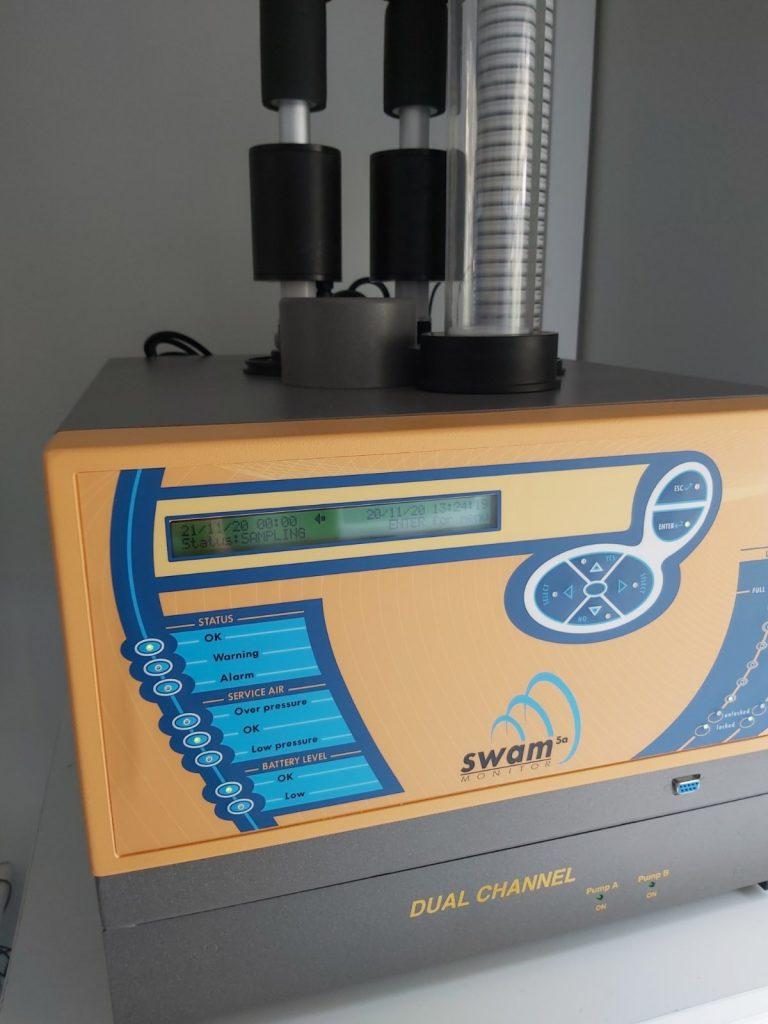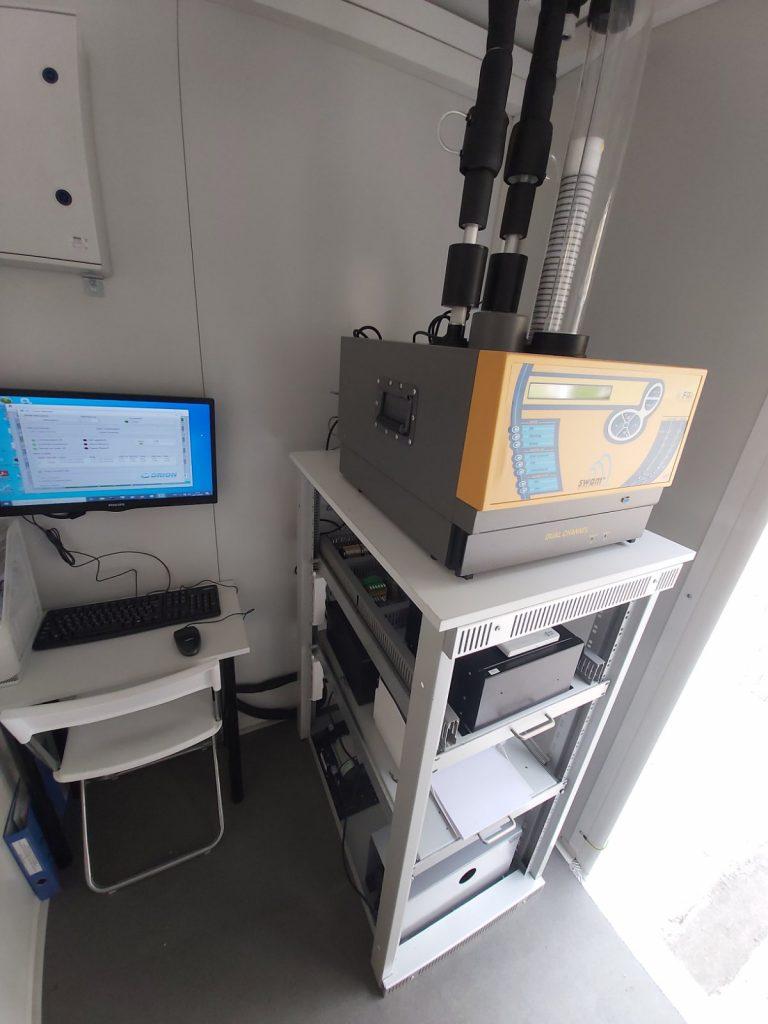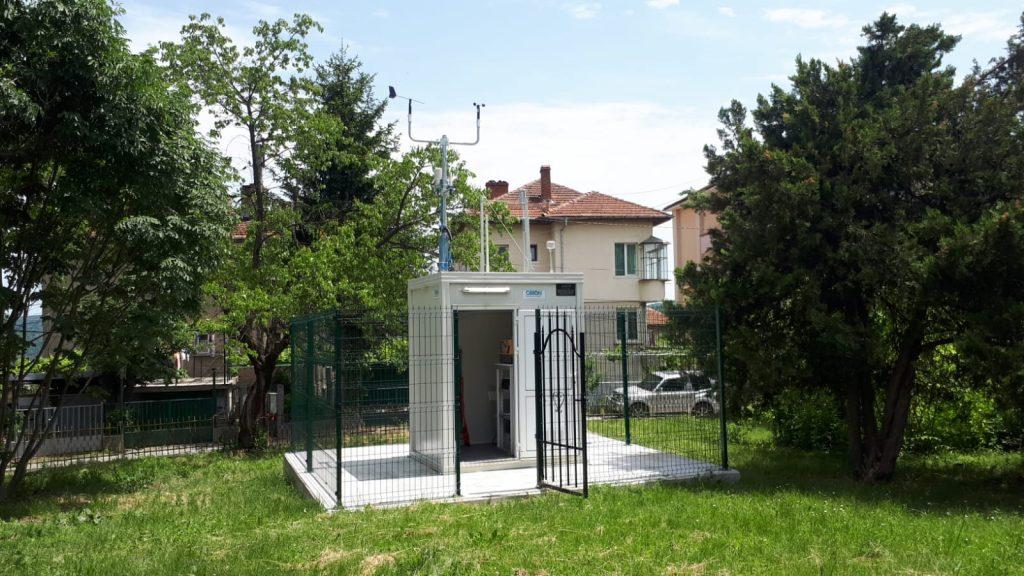News
Project LIFE IP CLEAN AIR
In cooperation with:
Orion Environment Ltd, Sofia Bulgaria
PROJECT DESCRIPTION:
Bulgaria is divided into 6 regions for air quality assessment and management. Sofia Municipality falls into a region of excessive particulate matter (PM) air pollution, mainly generated by domestic heating and transport. To comply with national legislation and Directive 2008/50/EC, the municipality developed its Air Quality Programme (AQP), which is updated periodically. After accession to the European Covenant of Mayors Initiative (ECMI) the municipality also adopted a Sustainable Energy Action Plan for the period 2012-2020. In 2015, the municipality joined the Compact of Mayors Global Initiative (CMGI) on reducing greenhouse gas (GHG) emissions, developed a Municipal Strategy for Adaptation to Climate Change, and performed a GHG emission inventory for 2015. In 2017, ECMI and CMGI merged to create the Global Covenant of Mayors for Climate & Energy (GCMCE). This is the largest and first-of-its-kind global coalition of cities committed to climate leadership, of which Sofia Municipality is a part. Despite these advances, PM air pollution remains a considerable problem in most of the 24 municipal districts. Looking at Bulgaria as a whole, air pollution from M smaller than 10 microns (PM10) is the biggest national air quality problem. In areas where monitoring takes place, 88.7% of the population or 3.5 million people is exposed to excessive levels of PM10. This is significantly higher than the European average of 16-42% as measured between 2000 and 2014. Moreover, nearly 18% of Bulgarians are exposed to even smaller-sized particles (PM2.5) at levels which exceed the target value. And around 75% of the population is exposed to Benzo[a]pyrene pollution, compared with 20-25% in the rest of the EU for the period 2013-2015. For these reasons, the project will include 5 other Bulgarian municipalities, as well as Sofia, in its implementation of municipal Air Quality Programmes. The cities of Burgas, Veliko Tarnovo, Montana, Ruse, and Stara Zagora all face similar air quality problems and, while their AQPs contain certain measures, they lack details and concrete steps. By including these areas, the project will extend its reach to another 2 million people nearly one third of the Bulgarian population.
Main scientific objectives:
The LIFE IP CLEAN AIR Project “Bulgarian Municipalities working together to improve air quality” is aimed to strengthen the capacity of 6 partner municipalities in Bulgaria to decrease the air pollution.
The LIFE IP CLEAN AIR project will encourage and streamline the efforts of the 6 partner municipalities to decrease air pollution. The projects main objectives are as follows:
- improve the air quality in the municipalities of Sofia, Burgas, Veliko Tarnovo, Montana, Ruse, and Stara Zagora;
- administrative capacity-building in the 6 municipalities so they can: 1. implement the measures foreseen by the Air Quality Programmes (AQP); 2. carry out overall monitoring and control to ensure improvement; 3. make use of different sources of financing, including EU funds, to implement air quality measures;and 4. elaborate AQP for the next programming period on the basis of quality, adequate information
- raising awareness and create a well-informed community of citizens and NGOs who can partner and challenge the administrations and drive change;
- support capacity-building in air quality management for all municipalities which have poor air quality;
- improve the transfer of know-how and experience in the field of air quality through networking with other EU municipalities, institutions, projects and partners.
Based on the above objectives, the main expected results from the IPE actions and planned complementary activities are as follows:
- improved air quality in the 6 partner municipalities;
- decreased PM10 emissions from household heating and other sources;
- develop and test a new demonstration scheme to replace heating installations in 500 households, and apply this in around 10,000 households in the 6 municipalities;
- capacity-building for the 6 municipal administrations on air quality issues;
- strengthen communication between stakeholders on air quality issues, including a leverage effect in terms of attracting funds and implementation of air quality projects;
- establish and maintain a municipal network for air quality management;
- establish and maintain a network with projects in other EU member states;
- increase public awareness on the importance of air quality problems;
- elaborate national regulation to ensure that sufficient and qualitative information is available to municipalities from national and regional governmental institutions;
- draft national recommendations on applying the transition scheme to alternative forms of household heating;
- amend/elaborate municipal regulations ensuring smooth functioning of this transition scheme;
- achieve the target of fewer than 35 days per year of above-average daily levels of PM10, as required by EU and national legislation;
- reach and maintain average annual PM10 concentrations below the annual target for human health as determined by EU and national legislation;
- decrease the highest registered 24-hour concentrations of M10; and
- decrease PM2.5 and Sulphur oxide (SO2) levels by reducing domestic coal and wood fire emissions, even though these are not the main national source of SO2.
In addition to the IP budget itself, the project will facilitate the coordinated use of approx. 1.4 billion of complementary funding from the European Regional Development Fund (ERDF), Horizon 2020, BMTCP, national funds, and Sofia Municipality’s own municipal funds.
FAI Instruments involvement:
On the territory of the involved Bulgarian municipalities have been installed 12 automatic monitoring stations for continuous PM10 and PM 2.5 measurement, all equipped with FAI INSTRUMENTS’s SWAM 5a DC HM monitors, which provide to the local authority’s reliable data for the PM concentration levels and help them to undertake adequate measures for improvement of the air quality and for citizen’s health protection.
The delivered SWAM 5a DC HM monitors are especially appreciated by the municipalities for the possibility to take particulate matter samples for chemical analysis and pollution characterization, which represents an additional “added value” of the investment.




